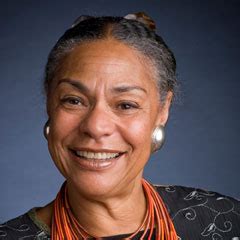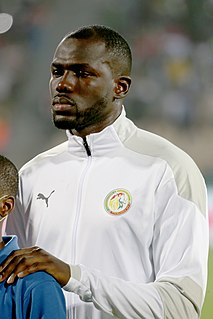A Quote by Alain Dehaze
Nurturing an inclusive culture begins in the family. Home is the first place to foster openness and a culture of inclusion.
Related Quotes
There's quite obviously the desire to open the rule sets that allow for inclusion or disclusion. I think that my hope would be that my work set up certain type of precedent, that allowed for great institutions, museums and viewers to see the possibilities of painting culture to be a bit more inclusive.
Food is a way to explore culture and ground the story in a specific time and place. I still remember the meals and snacks from my first novel, 'Shug': pork chops and applesauce and Coca-Cola and peanuts, which are very Southern. When a character has roots elsewhere, food is a way to connect with home and another culture.
Since the 1960s, mainstream media has searched out and co-opted the most authentic things it could find in youth culture, whether that was psychedelic culture, anti-war culture, blue jeans culture. Eventually heavy metal culture, rap culture, electronica - they'll look for it and then market it back to kids at the mall.
Many teachers of the Sixties generation said "We will steal your children", and they did. A significant part of America has converted to the ideas of the 1960s - hedonism, self-indulgence and consumerism. For half of all Americans today, the Woodstock culture of the Sixties is the culture they grew up with - their traditional culture. For them, Judeo-Christian culture is outside the mainstream now. The counter-culture has become the dominant culture, and the former culture a dissident culture - something that is far out, and 'extreme'.
I connect with my culture through my family. I speak Portuguese to my parents so that I can practice. I stay engaged with my extended family through a lively group chat on WhatsApp. That sense of community and family is the heart of Brazilian culture, and staying engaged with my family is what keeps me connected.



































